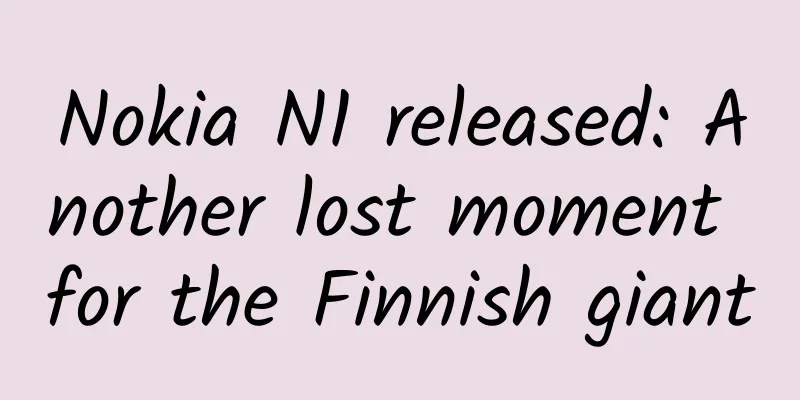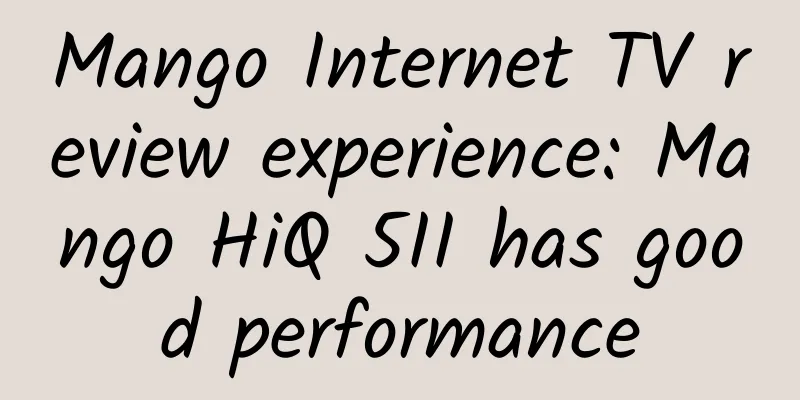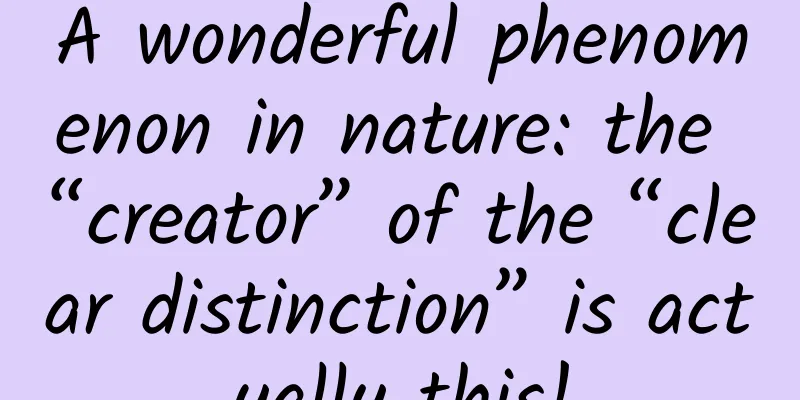Nokia N1 released: Another lost moment for the Finnish giant

|
Nokia has made too many wrong choices over the years. From N9 to Lumia 2520, you can see a group of serious people with firm beliefs constantly going in the wrong direction at the crossroads. In June 2011, I saw the N9 in Singapore . The new appearance and operation were refreshing. Although Nokia had lost its throne at that time, its momentum was still there. The appearance of N9 made Nokia fans excited. They believed that Elop really came up with a "product with market disruptive power". However, due to strategic adjustments, the glory of the "non-follower" N9 disappeared in a flash. Replacing MeeGo with WP7 system failed to save Nokia, but instead dug a huge trap for the Finnish giant. On the night when Microsoft announced that WP8 was incompatible with WP7, everyone understood what this meant: everything Nokia had done for the WP system in the past was reset to zero, and the so-called strategic partner became a testing ground for WP8. At this time last year, Nokia held a grand launch event for its first tablet in Abu Dhabi . Elop was still in charge, and this time his focus fell on the Windows RT system - the Windows RT that Microsoft was about to give up. Although it looks beautiful, it still failed miserably in front of the iPad and other Android tablets, and this time it was even worse, the Lumia 2520 was aborted before it was even sold, and there was no news about it. In early 2014, Nokia made a "promise under the tree" at the MWC exhibition hall in Barcelona, finally giving up its stubbornness and bringing out three Android phones. Its open attitude was well received, but it was too late. After being officially taken over by Microsoft, the Android phones that Nokia had the courage to make disappeared. Looking back, you will recall the familiar yet unfamiliar names such as "Symbian Bella" or "Asha". After Symbian S60 V3, Nokia seems to have fallen into a vicious circle, preaching faith to itself and its many users once a year, getting lost the next year, and then establishing a new faith. Tonight, Nokia, which no longer has any connection with Microsoft, once again gave people a surprise: N1, a 7.9-inch Android tablet. Nokia once again chose the wrong time to enter the wrong industry. According to IDC data, tablet sales in the second quarter of this year increased by only 8.4% year-on-year. Although still growing, it is far lower than the 58.5% in the same period last year. This industry has passed its golden age. In many people's minds, there are only two kinds of tablets: Apple's and non-Apple's. Even for a powerful product like the iPad, sales have been declining for three consecutive quarters, and the industry is not optimistic about the future of this type of product. Since CES 2013, the boundary between mobile phones and tablets has gradually disappeared, mobile phones have become larger and larger, and tablets have become more portable. Under this trend, people who own smartphones gradually find no reason to buy tablets. The emergence of iPhone 6 Plus has accelerated this process. Moreover, even in this market with slowing growth, there are strong competitors everywhere. In addition to the iPad, which occupies half of the market and is difficult to shake, there are also manufacturers such as Samsung, which has been working hard for a long time, and Asus, which has worked hard for many years. Another manufacturer that cannot be ignored is the new entrant Xiaomi, which has been working hard for half a year but still has not achieved much success in the chaotic Android system. I haven't seen the real Nokia N1 yet, so I can't comment on whether the product is good or bad, but just looking at the product parameters, it can be regarded as a product that is carefully crafted, high-quality and low-priced. Unfortunately, Nokia once again chose the wrong direction. The Finnish giant stood up again, moved itself and moved many of its fans, but this could not reverse the market, nor change the tablet industry that was already on the decline. The opponent was too strong, whether it was hardware, system, ecosystem, or application resources. Even compared with the previous generation iPad mini, I couldn't find any reason to convince people to choose it, whether it was the Z Launcher or the Intel CPU. As a winner of Toutiao's Qingyun Plan and Baijiahao's Bai+ Plan, the 2019 Baidu Digital Author of the Year, the Baijiahao's Most Popular Author in the Technology Field, the 2019 Sogou Technology and Culture Author, and the 2021 Baijiahao Quarterly Influential Creator, he has won many awards, including the 2013 Sohu Best Industry Media Person, the 2015 China New Media Entrepreneurship Competition Beijing Third Place, the 2015 Guangmang Experience Award, the 2015 China New Media Entrepreneurship Competition Finals Third Place, and the 2018 Baidu Dynamic Annual Powerful Celebrity. |
<<: Who will protect privacy rights in the era of wearable devices?
>>: Nokia launches Android tablet: Escape and comeback
Recommend
The candlelight flickers like a dancing elf, a monologue of the Sony LSPX-S2 crystal sound tube, a desktop artwork
Ten years ago, Sony created the design concept of...
Is it better to use a second-level domain name or a second-level directory for a website?
For a large website, if you want to expand the sc...
The most powerful "poison king" in the snake world is not on land, but in...
About tens of millions of years ago, the ancient ...
The core and guidance plan of community operation and fission operation
In 2019, about two years ago, community operation...
A good start to the new year! my country's second Hualong One nuclear power unit is connected to the grid for power generation
Your browser does not support the video tag At 22...
How did dinosaurs grow bird wings? A new species dating back 150 million years was discovered in Fujian
Produced by: Science Popularization China Author:...
Lezi's "Practical Course on Making Money with Tik Tok Short Videos"
A practical course on making money with short vid...
XcodeGhost malware updated to target iOS 9
By repackaging Xcode and tricking developers into...
【Full version tutorial】Information flow advertising series, just this is enough!
Feed ads, as the name suggests, are a form of adv...
How to fine-tune the operation of product lists on e-commerce platforms?
We can see various product lists on major e-comme...
Operational methodology: How to attract new users?
Operational methodology is the foundation for bui...
Fan value report of 4 major platforms: teach you how to do well on Weibo, WeChat, Douyin and Xiaohongshu!
In the era of traffic, the importance of fans is ...
Domestic big data industry is hindered. Alibaba plans to train 50,000 professionals in three years
In recent years, big data has become a hot word t...
[Creative Cultivation Program] Snails run slowly, but they are not slow at all in “damaging” crops!
Author: Chatting and opening your mind Review: Hu...
Where do domestic goats come from? The answer lies in their Tianshan "brothers"!
The steep cliffs seem like flat ground under thei...









